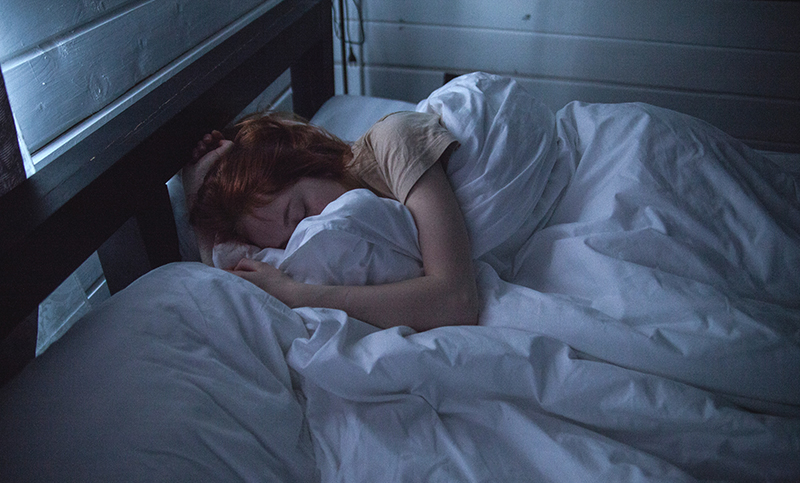What is Nocturia
What is Nocturia

Nocturia is a common condition where people wake at night to pass urine. This can be due to lower urinary tract problems or due to excessive urine production at night (nocturnal polyuria). Healthy bodies are biologically programmed to produce less urine at night to minimise the interruption of sleep.
Many people may find that they have to make a trip to the toilet at least once a night. However, if it is a continual urge that affects sleep, it can become a problem. Any more than two trips to the bathroom at night can be counted as Nocturia and besides losing some precious hours, it can also be a sign of another condition.
Nocturia is a relatively common condition, however, it can have many causes, from simple lifestyle choices to infection and illnesses, therefore, treatments can be very variable depending on cases.
Around one in three adults over the age of 30 experience ongoing nocturia and this rate only increases with age. When it comes to nocturia, it can be caused by a lifestyle habit or an underlying health problem, or a combination of either.
Types of Nocturia
There are four main types of Nocturia and each may be causal of different conditions.
Polyuria is a condition in which the urological system produces too much urine within a 24 hour period, including nighttime hours.
Nocturnal polyuria is polyuria exclusive to the nighttime hours
Bladder storage conditions may exist independent of polyuria.
Mixed nocturia is a combination of the above problems.
Lifestyle Causes of Nocturia
Lifestyle causes can have a huge impact on nocturia symptoms and simple lifestyle issues may mean that more urine is produced in the evening.
Simply drinking too much water before bed can cause too many trips to the bathroom.
Some common beverages are diuretics, meaning they cause your body to produce more urine. Examples are alcohol, tea and coffee.
Some common medications can cause more urine to be produced, including lithium, methoxyflurane, propoxyphene, demeclocycline and even excessive vitamin D.
Poor sleep and sleeping disorders such as sleep apnea can produce the need to urinate more, particularly after someone has woken up.
Anxiety and stress can upset the body’s rhythms and lead to irregular urination patterns.
Infectious Causes of Nocturia
While many lifestyle issues can cause Nocturia, the condition can also be a result of many infectious illnesses that affect the urological system. Some examples of these conditions include:
Inflammation of the prostate
Inflammation of the bladder
Bladder prolapse
Kidney infection
Neurological disorders, such as multiple sclerosis, Parkinson’s disease or spinal cord compression
Urinary tract infection
Benign prostatic hyperplasia
Diabetes, type 1 and type 2
Congestive heart failure
Treatment of Nocturia
As there are many possible causes of Nocturia, treatments are highly varied, however, if you suspect that you have symptoms of Nocturia, don’t hesitate to contact your urological specialist.
Dr Arianayagam is a highly skilled urological surgeon who treats many urological illnesses, including cancers and other disorders of the urinary system.
If you have any questions, or would like to book an appointment, please feel free to get in touch or call on 1300 307 990.

Everything You Need to Know About Sperm Health
It is not uncommon for men to have troubles with their sperm production, or to develop a sperm disorder. But…

The Benefits of Drinking Water for Urological Health: Do You Really Need 8 Glasses a Day?
We’ve all heard the advice: “Drink eight glasses of water a day” But is this rule as important as it…






